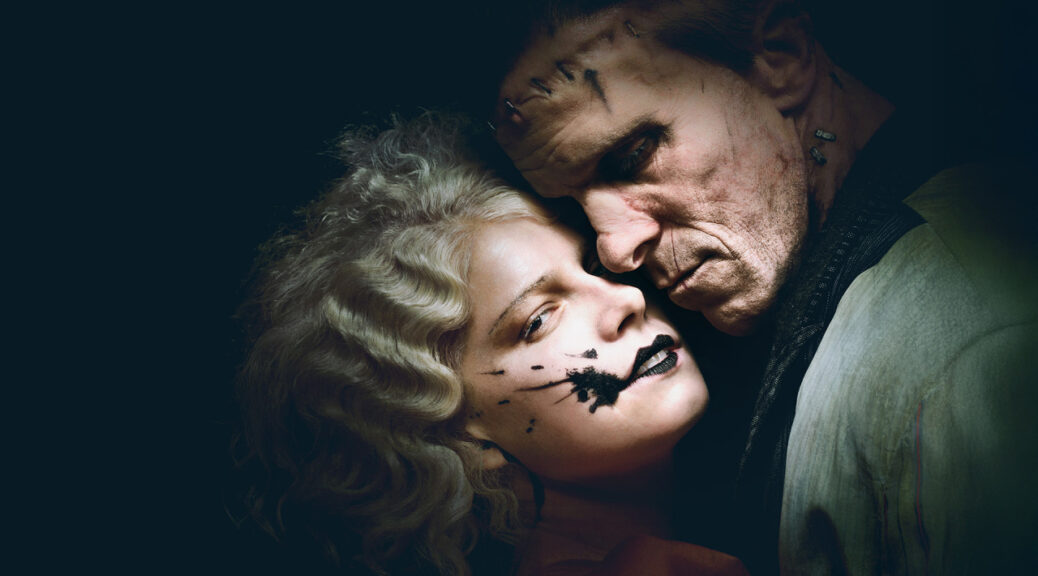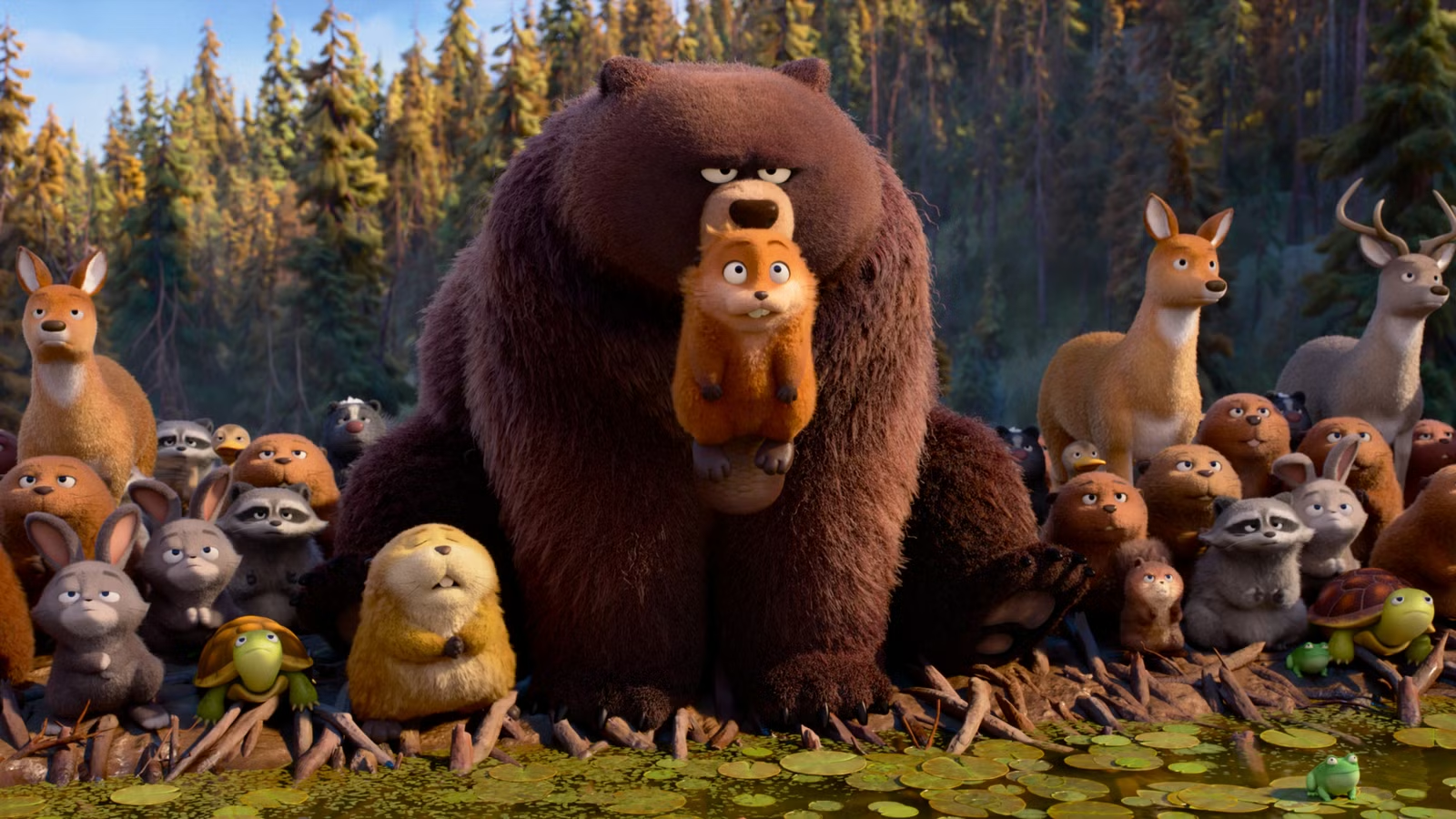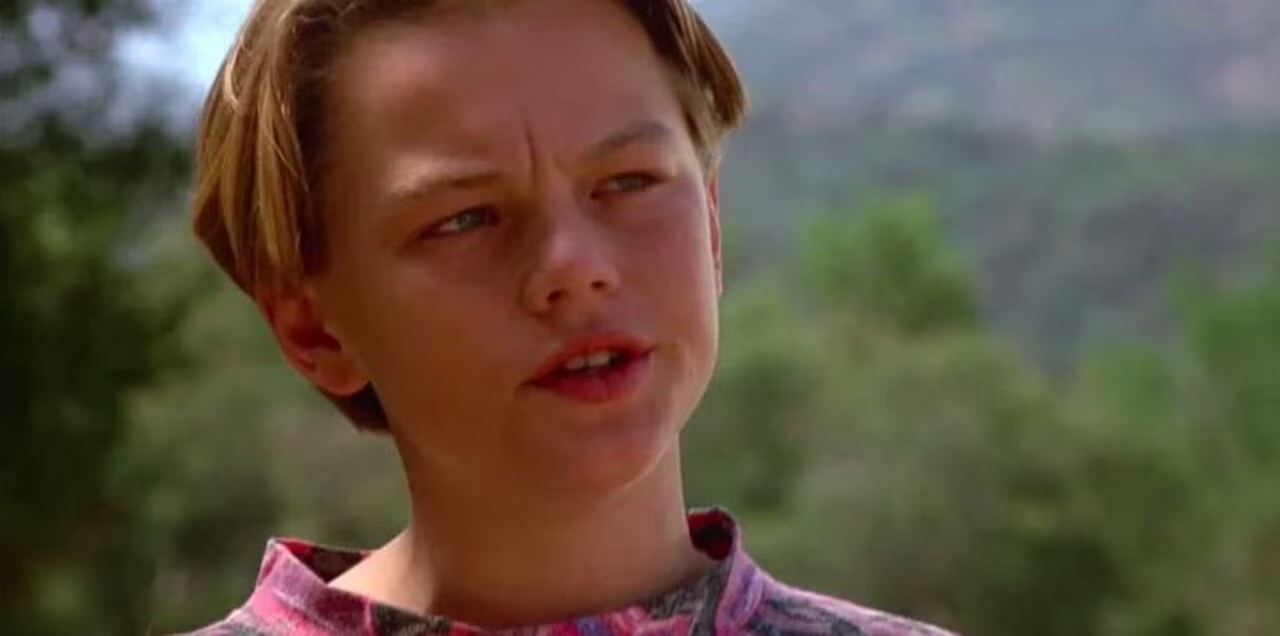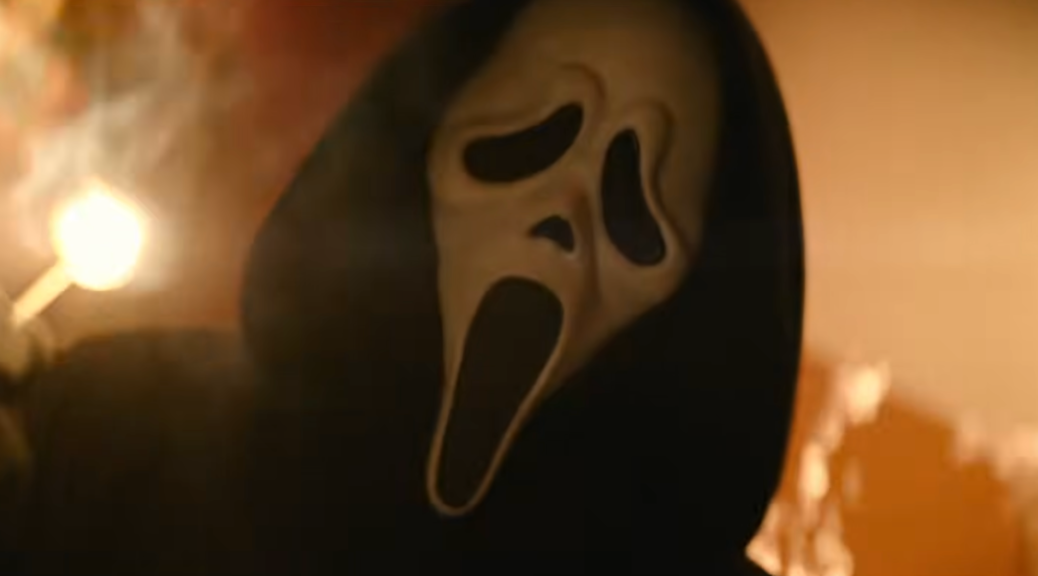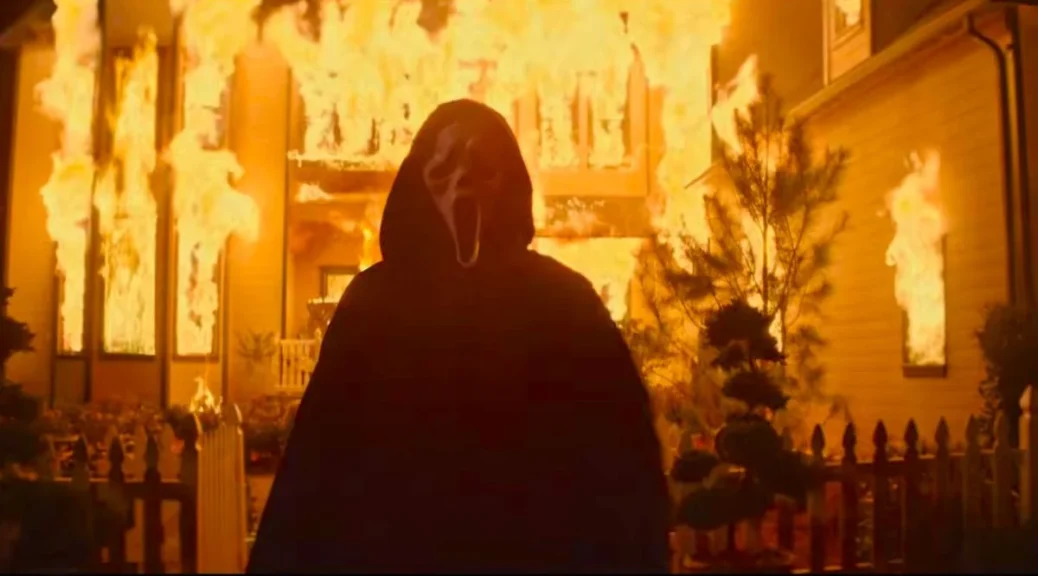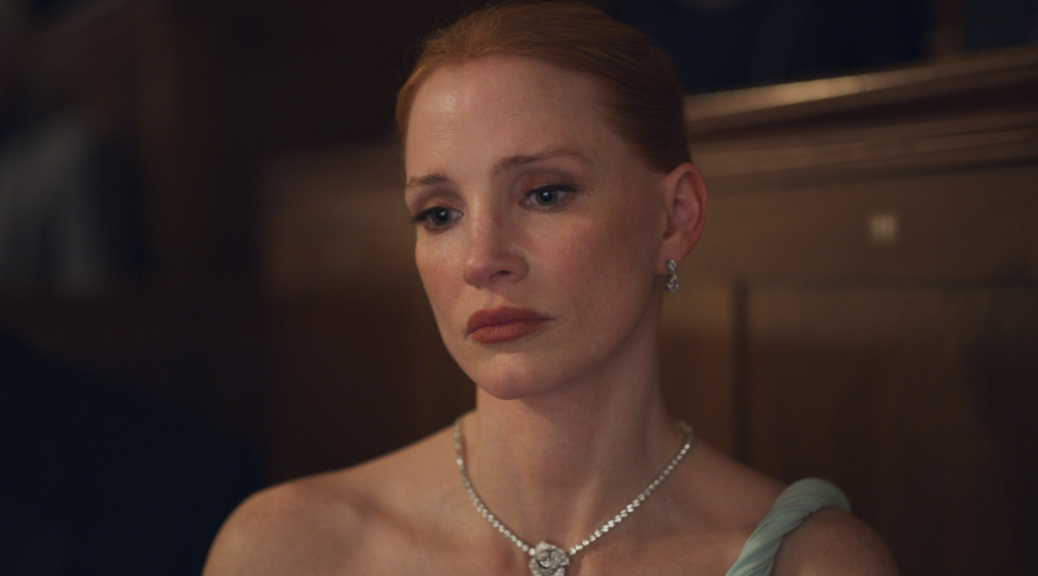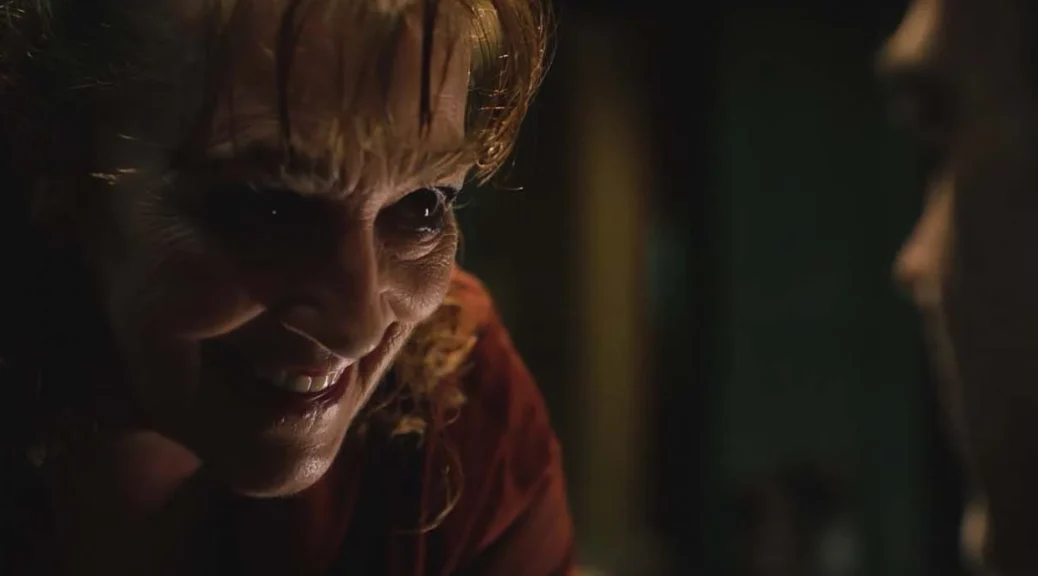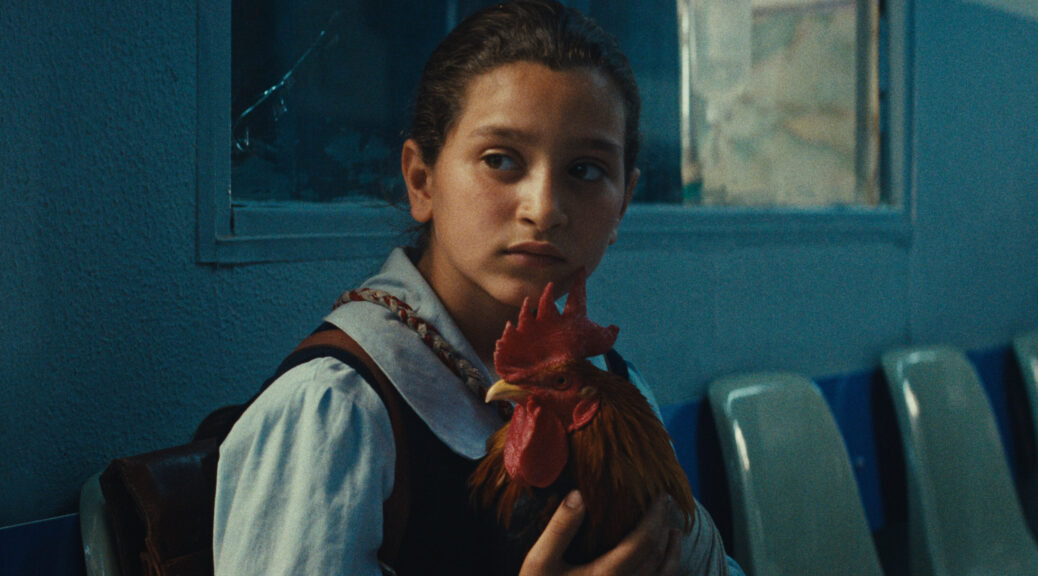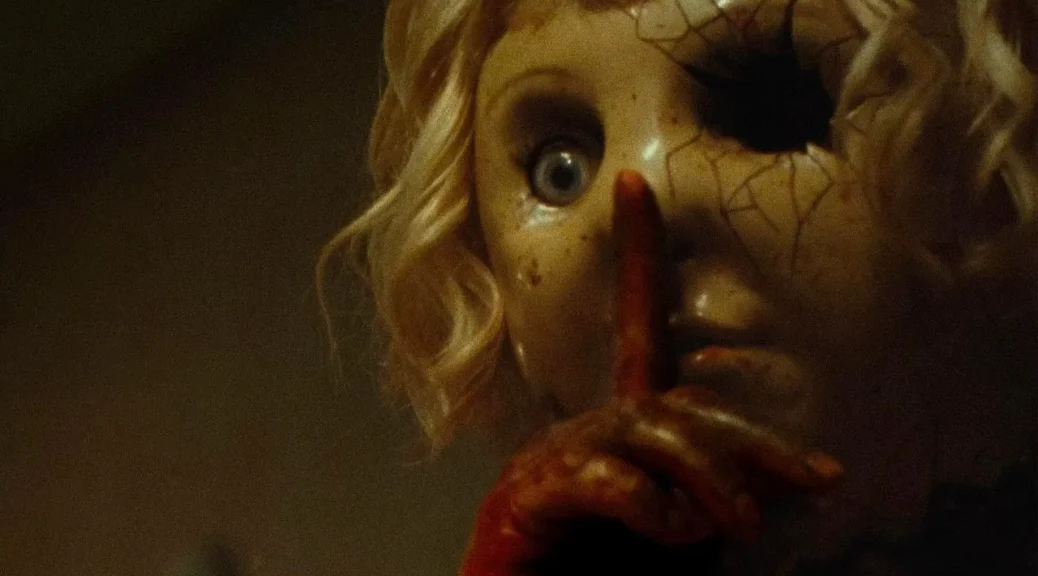The Bride!
by Hope Madden
One part Metropolis, one part Bonnie & Clyde, just a touch of Bride of Frankenstein and yet somehow entirely writer/director Maggie Gyllenhaal’s own, The Bride! deserves that exclamation point.
Jessie Buckley is a force of nature in a dual role—sort of a triple role, really: an unhappy Chicago gangster’s moll; Mary Shelley, silenced far too soon; and a monster, chaotic, unruly, unburdened by memory and guided by peculiar fury.
The likeliest lock for Oscar in the 2026 race for her breathtaking turn in Hamnet, Buckley is perfectly paired with Christian Bale (that hack!), a unique image of Frankenstein’s monster. He is tender, lonesome, adoring, and very anxious. Frank has a serious anxiety issue, which is mainly calmed by watching his favorite movie star, the song and dance man Ronnie Reed (Jake Gyllenhaal).
To watch Buckley and Bale, two masters of their craft, work off each other is a treat, each of them tearing through Gyllenhaal’s inspired and intelligent script with dark joy.
The leads are surrounded with memorable, noir-esque characters: Annette Bening as our mad scientist, Peter Sarsgaard as the gumshoe with some secrets, Penélope Cruz as the brains behind the investigation, John Magaro as the spineless gangster.
Great as they are, and they all are, the star here is Maggie Gyllenhaal. Her tale is hyperliterate with surreal flourishes, dazzlingly filmed, constantly surprising and yet charmingly inevitable, and fueled by a glorious, contagious rage.
There are dance sequences (an absolute blast) and shoot outs, a deep vein of dark humor, opportunities for redemption, and delightful easter eggs. (Ida’s nemesis is a gangster named Lupino; silver screen star Ida Lupino turned to directing, and one of her most cynical and impressive efforts was a 1963 episode of the TV show Thriller called “The Bride Who Died Twice.”)
The Bride! delights with an anarchic energy, but its underlying plot is tight, its characters clearly drawn and beautifully performed, and its aesthetic wondrous. In just her second feature, after 2021’s sublime The Lost Daughter, Gyllenhaal’s cemented her spot as one of the most exciting filmmakers working.
